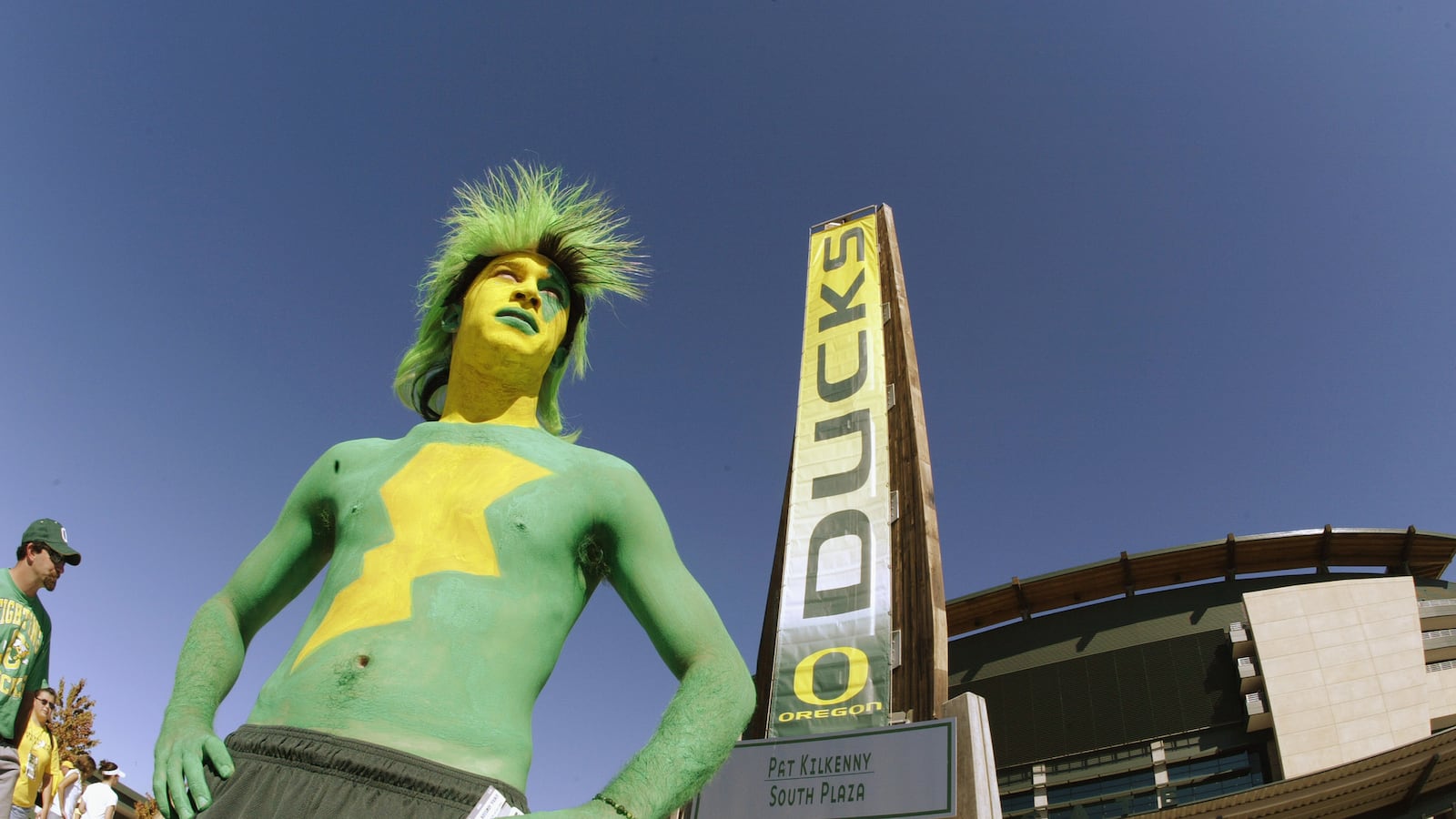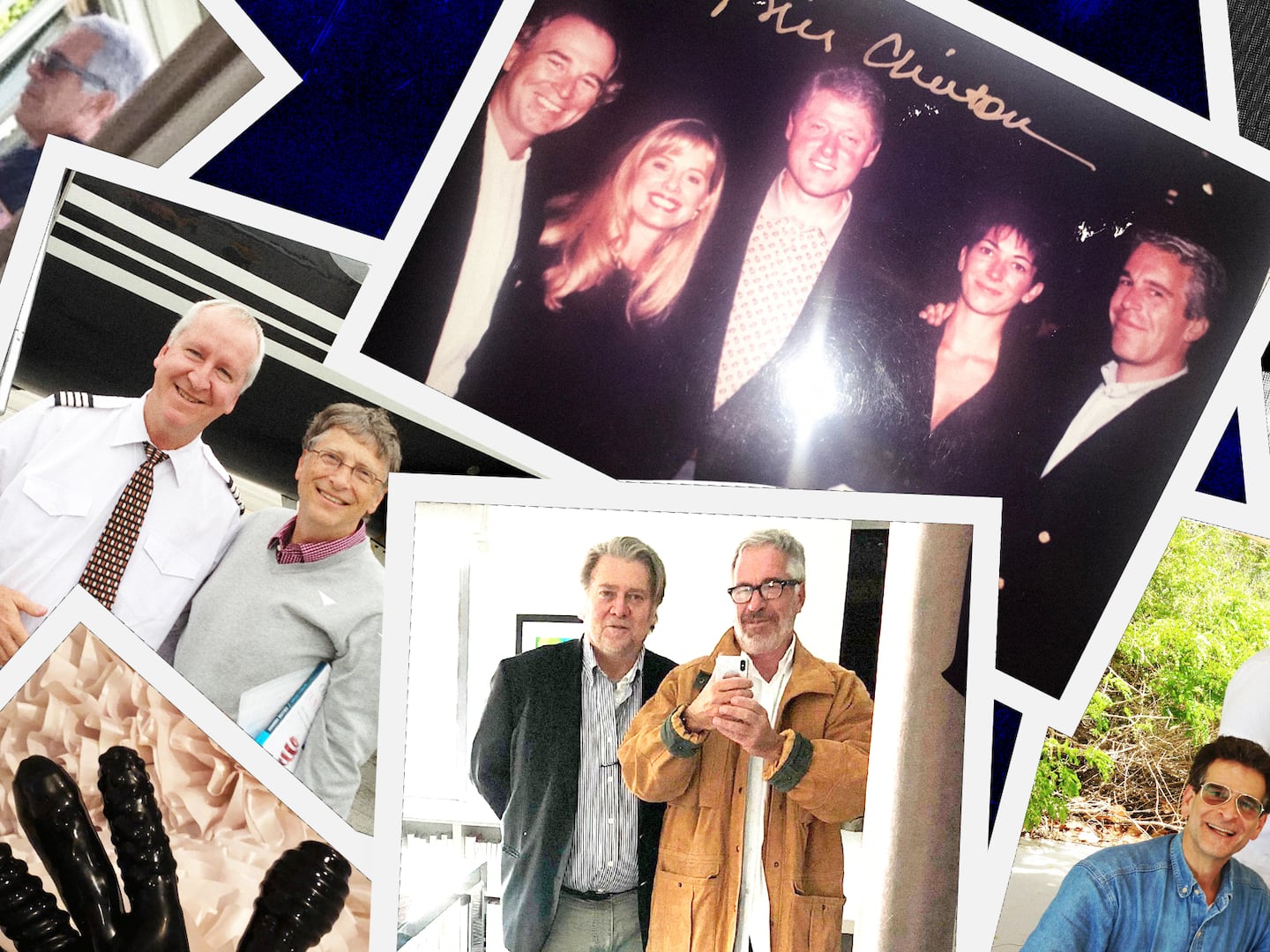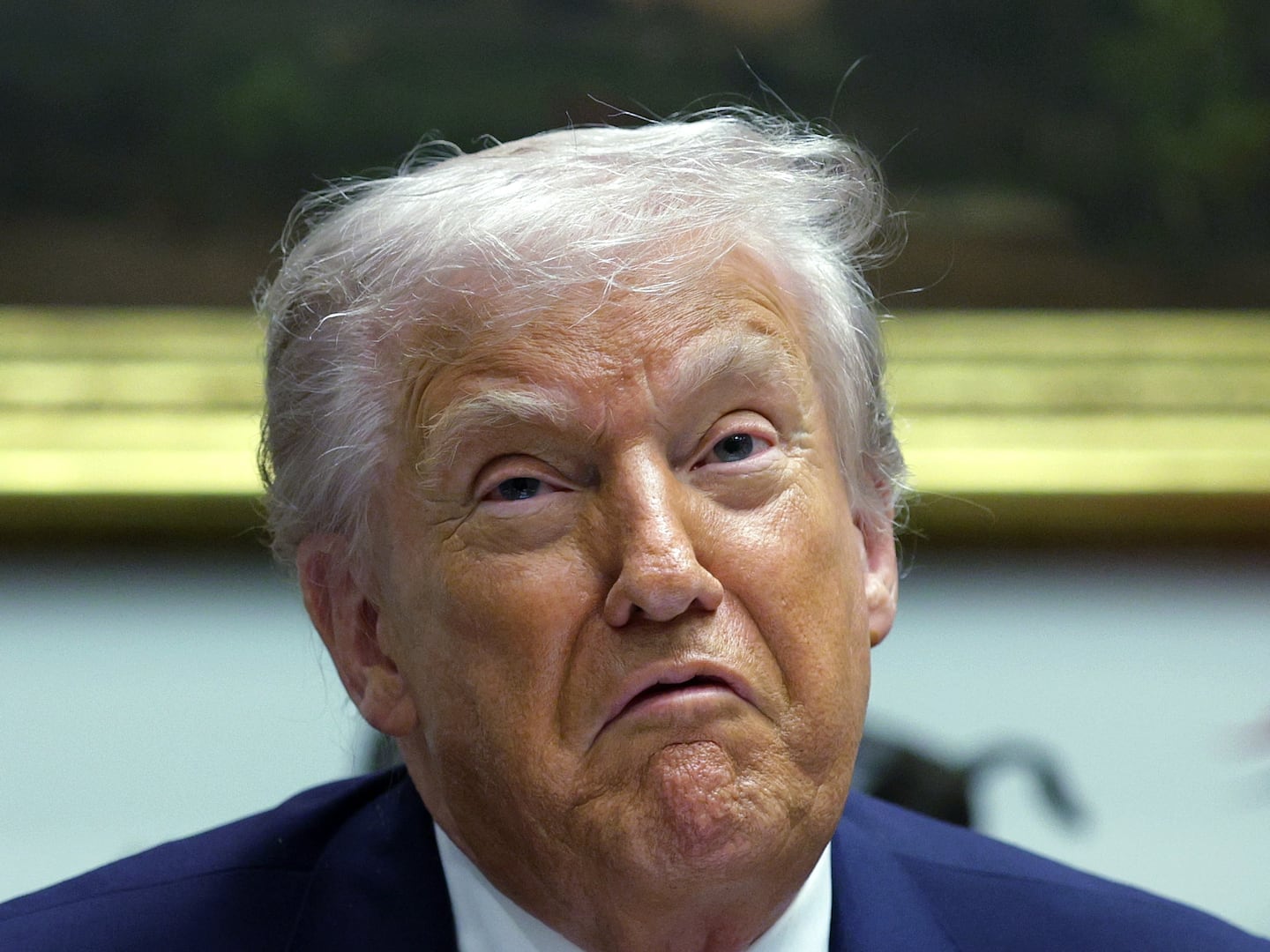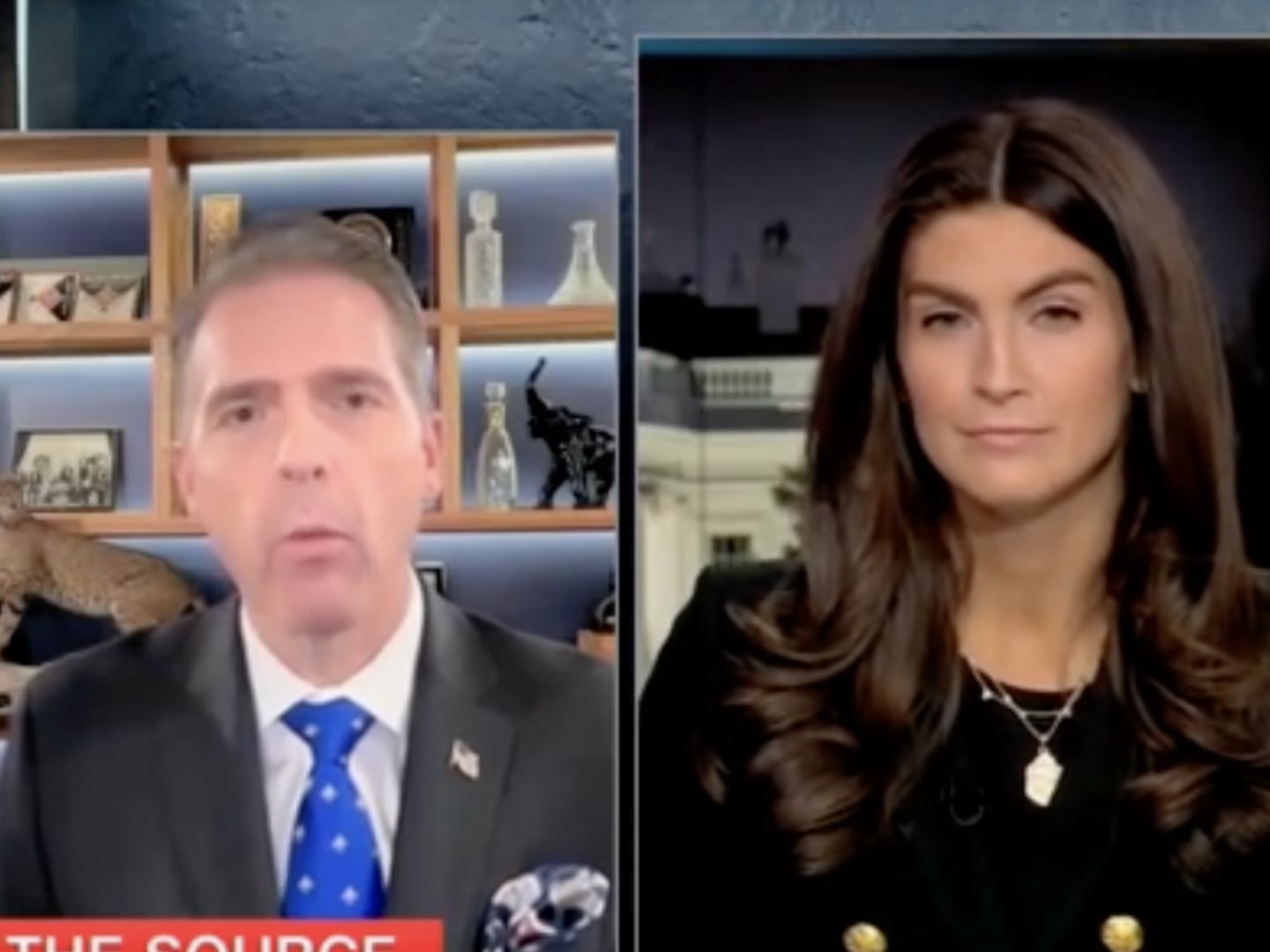Warning: this column about what is NSFW is somewhat NSFW.
A couple years ago, public safety officers at the University of Oregon, when not keeping the public safe at the University of Oregon, allegedly kept something else entirely: an ongoing list of 225 people and things that should, in their estimation, “eat a bowl of d!@&s.” Perhaps you’ve heard about it. Perhaps you’re on it.
This week, fellow public safety officer James Cleavenger, in a lawsuit against the school for wrongful discharge and violation of his freedom of speech, claimed that he was fired for complaining about them. The list-keeping officers, that is. Not the bowls of d!@&s. But in one sense, the d!@&s.
The culprits had, by the end, assembled quite a list: Oprah, Yanni, Chelsea Handler, Mel Gibson, Osama bin Laden. Plus 220 others: Sports fans that change teams, people who can’t merge, mouth breathers, fake blonds, and apparently, the entire population of Twin Falls, Idaho. They even found a spot for legendary French actor Gerard Depardeux [sic]. (Begging the question, what did Depardeux ever deux to them?)
I know very little about the case, but that won’t stop me from rendering a verdict: Cleavenger shouldn’t have been fired. He was just complaining about childish behavior. And as a purveyor of childishness myself, I understand how annoying it can be.
But I will spend the rest of my efforts defending childish behavior—specifically, the childish behavior of the officers who maintained, cultivated, collated, and curated the list of prospective d!@& bowl eaters.
First off, they were working the graveyard shift. If keeping a list of d!@& bowl eaters is the worst of their misbehavior, I’d say the university is lucky. Were they keeping a list instead of getting their work done, perhaps discipline is warranted. But if they were keeping a list as well as getting their work done, perhaps congratulations are in order.
Second, they weren’t forcing anyone to eat a bag of d!@&s; that would both criminal and, as Louis CK has helpfully pointed out, very difficult. They were merely identifying, in list form, those who should eat a bag of d!@&s. Their advice is prescriptive, not defamatory or libelous, unless someone on the list is a private citizen who had previously proven that he or she, in fact, should not eat a bag of d!@&s, and that the mere accusation of being suitable for eating a bag of d!@&s affects his or her livelihood somehow, and that the list-keepers intended to publicize the list of d!@&s bowl eaters.
They did not. They merely intended to add to it. They didn’t scrawl the list on the bathroom wall or post it on Facebook. They merely updated it on an iPhone, a place even the Supreme Court, just weeks ago, declared a private space. Perhaps their discretion should be applauded.
Third, is this conduct really unbecoming? Are lists and d!@&s simply beyond the pale? Some might say they’re downright presidential. Richard “Tricky D!@&” Nixon kept an enemies list. Warren Harding gave his own penis a nickname. And historically speaking, is either executive malfeasance—keeping lists and naming d!@&s—the sine qua non of those administrations’ well-documented corruption? Watergate and Teapot Dome seem more inkworthy. Perhaps the lawyers at the University of Oregon should see if this list of d!@&s isn’t merely an elaborate cover-up of some greater transgression.
Now we come to fun part. Did the list-keepers have a first amendment right to keep such a list? Is what the public safety officers did protected by protections we offer American citizens to keep the public safe? I grant you, their actions may not have been constructive. But are they Constitutional? Do the d!@&-list-keepers have the Framers to fall back on?
We know Benjamin Franklin liked lists. He kept an ongoing list of synonyms for “drunk,” that had reached a whopping 229 entries before his death: Wamble-cropp’d, buzzey, glaiz’d, etc. And considering how much alcohol the Framers drank while they were writing the Constitution, I have to believe Franklin, the oldest and wisest delegate at the Convention, spent some of those Constitution-writing sessions updating the list on his iPhone. The Constitution still got written. Albeit barely.
But when James Madison & Company agreed to add the First Amendment and the Bill of Rights to the Constitution (a hard-fought compromise to get the darn thing passed), did they have in mind the sophomoric chuckles of a graveyard shift?
As a writer of the occasional offense, I like to think so. I once lost my job largely because my boss said something on TV that people didn’t like. But it was political speech on a political show owned by a company, not by Congress. And while the First Amendment says that, “Congress shall make no law,” it says nothing about corporations not making shortsighted decisions. The First Amendment did protect his right to speak, if the executives at ABC in 2001 did not.
But if the First Amendment rises to that level, surely it rises to the level of schoolyard insults. The question becomes if the University of Oregon should as well. So far, it has. Which may be why the University of Oregon has not been told to eat a bowl of d!@&s.
Constitutions notwithstanding, I leave my most vigorous reason to wholeheartedly and unabashedly defend these foul-mouthed officers for the last: I want to stay on their good side.






